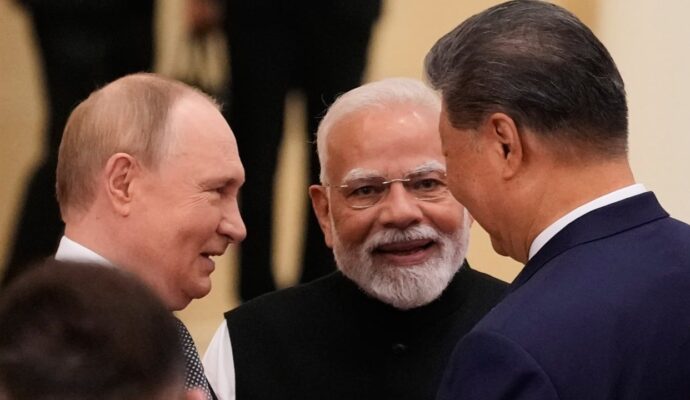China’s drive for economic self-reliance is raising the spirits and prospects of its semiconductor industry, as insiders expect more home-grown technologies after Washington revoked waivers for some foreign-owned chipmakers’ factories in China to use US technologies in their operations.
Advertisement
The Chinese branches of South Korean chipmakers Samsung and SK Hynix, as well as Intel Semiconductor (Dalian), will lose their fast-track status for compliance as “validated end-users”, meaning they will need to obtain licences to send certain US chipmaking equipment to their plants in China, according to a statement released on Friday by the US Bureau of Industry and Security (BIS) under the commerce department.
The decision is due to take effect on December 31 – 120 days after its official publication on Tuesday. While the BIS intends to grant export-licence applications to allow these companies to continue operating their facilities in China, it does not intend to grant licences to expand capacity or upgrade technology, the statement said.
“The Trump administration is committed to closing export-control loopholes – particularly those that put US companies at a competitive disadvantage,” Jeffrey Kessler, the US undersecretary of commerce for industry and security, was quoted as saying in the release.
The move marked another development in the ever-intensifying tech race between China and the US as Washington expands its export-control regimes on semiconductors, even though economic tensions between the two nations have eased a bit after they agreed to a truce on tariff hikes.
Advertisement
“We anticipate that the US will further tighten its policy to curb technology development in China and to sustain dominance in some tech areas, including ordering its allies to ban technology exports or the usage of US technology in China,” said Dong Jinyue, principal economist at Spanish financial services company BBVA.
“The technology war between the US and China will never end,” Dong added. “The chipmaking industry will become more fragmented amid the deglobalisation trend.”

